
Salt: A Hidden Gem in Jordan's Hills
Nestled in the hills of northwestern Jordan, Salt is a city rich in history and charm. Once a bustling trading hub, it is now a picturesque destination that offers a glimpse into Jordan's past. The city is famous for its yellow limestone buildings, winding streets, and historic architecture, which transport visitors to another era. A stroll through Salt's old town reveals a treasure trove of Ottoman-era buildings, traditional markets, and friendly locals. The city's narrow alleys are lined with shops selling handmade crafts, spices, and local delicacies. Don't miss the chance to visit the Abu Jaber Museum, housed in one of the city's most impressive mansions, showcasing the life and culture of Salt's people. Salt is also home to several religious sites, including beautiful mosques and churches that reflect the city's diverse cultural heritage. The Great Mosque and the Church of the Good Shepherd are must-see landmarks that provide insight into Salt's spiritual significance. For nature lovers, the surrounding hills offer stunning views and hiking opportunities. The nearby Wadi Shu'aib is a lush valley perfect for a day of exploration. Salt's unique blend of history, culture, and natural beauty makes it a captivating destination for travelers seeking an authentic Jordanian experience.
Local tips in Salt
- Wear comfortable walking shoes to explore the old town's narrow and uneven streets.
- Visit the Abu Jaber Museum early in the day to avoid crowds and enjoy a more relaxed experience.
- Try local dishes like 'Mansaf' and 'Kofta' at traditional restaurants for an authentic taste of Jordanian cuisine.
- Carry cash, as many small shops and eateries do not accept credit cards.
- Respect local customs and dress modestly, especially when visiting religious sites.
- Hire a local guide to learn more about the history and hidden stories of Salt.
Salt: A Hidden Gem in Jordan's Hills
Nestled in the hills of northwestern Jordan, Salt is a city rich in history and charm. Once a bustling trading hub, it is now a picturesque destination that offers a glimpse into Jordan's past. The city is famous for its yellow limestone buildings, winding streets, and historic architecture, which transport visitors to another era. A stroll through Salt's old town reveals a treasure trove of Ottoman-era buildings, traditional markets, and friendly locals. The city's narrow alleys are lined with shops selling handmade crafts, spices, and local delicacies. Don't miss the chance to visit the Abu Jaber Museum, housed in one of the city's most impressive mansions, showcasing the life and culture of Salt's people. Salt is also home to several religious sites, including beautiful mosques and churches that reflect the city's diverse cultural heritage. The Great Mosque and the Church of the Good Shepherd are must-see landmarks that provide insight into Salt's spiritual significance. For nature lovers, the surrounding hills offer stunning views and hiking opportunities. The nearby Wadi Shu'aib is a lush valley perfect for a day of exploration. Salt's unique blend of history, culture, and natural beauty makes it a captivating destination for travelers seeking an authentic Jordanian experience.
When is the best time to go to Salt?
Iconic landmarks you can’t miss
Amman Citadel
Discover the historic beauty of Amman Citadel, a landmark steeped in ancient history and stunning archaeological treasures.
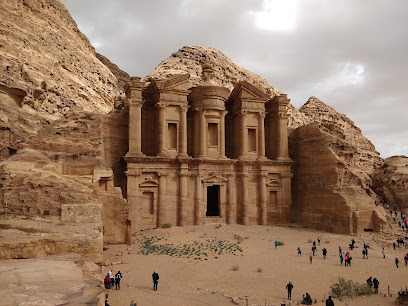
Roman Temple of Hercules
Explore the Roman Temple of Hercules: A stunning archaeological site showcasing the grandeur of ancient Rome in the heart of Amman.
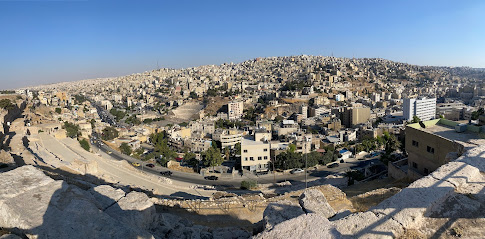
Roman Nymphaeum
Discover the enchanting Roman Nymphaeum in Amman, a captivating historical landmark showcasing ancient architecture and cultural significance.
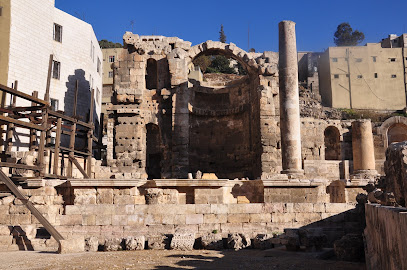
Hammam Street Market
Immerse yourself in the vibrant atmosphere of Hammam Street Market in As-Salt, Jordan, where traditional crafts and local flavors come to life.
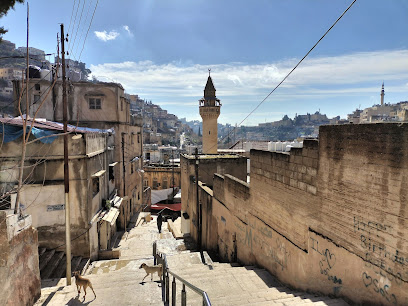
Qasr Al-Abed
Explore Qasr Al-Abed, a stunning Hellenic castle in Amman, showcasing rich history and breathtaking architecture amidst picturesque landscapes.
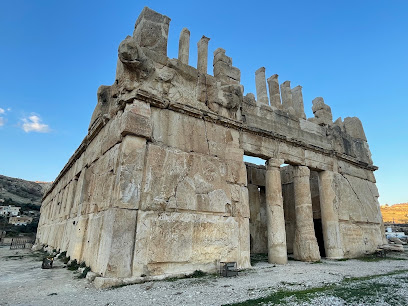
Abu Jaber Museum
Discover the rich cultural heritage of Jordan at the Abu Jaber Museum in As-Salt, a captivating destination for history enthusiasts and curious travelers alike.
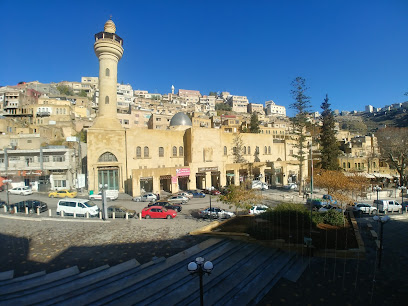
As-Salt Archaeological Museum
Discover the rich heritage of Jordan at the As-Salt Archaeological Museum, showcasing ancient artifacts and cultural treasures in a captivating setting.
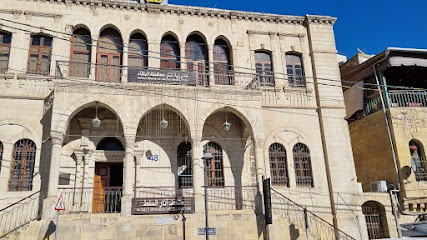
The Duke's Diwan
Discover the rich cultural heritage of Jordan at The Duke's Diwan, a captivating museum that brings history to life in the heart of Amman.
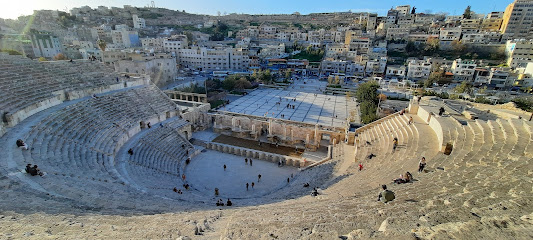
Maqam of Nabi Shoaib AS
Explore the spiritual depth and historical significance of the Maqam of Nabi Shoaib AS, a revered mosque in Jordan's scenic Balqa region.
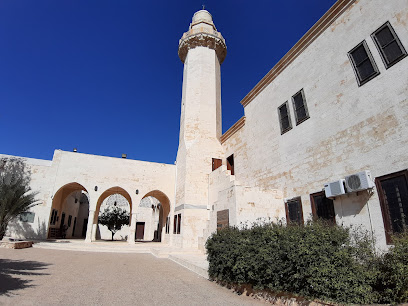
Salt Türk Şehitliği صرح الشهداء الاتراك
Explore Salt Türk Şehitliği, a historical landmark in As-Salt dedicated to Turkish martyrs, blending rich history and serene landscapes.
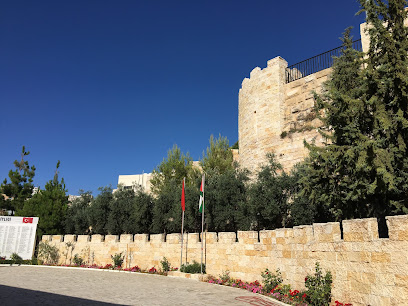
Aremeiman Tourist Falls
Explore Aremeiman Tourist Falls, a stunning natural attraction in As-Salt, Jordan, known for its breathtaking scenery and serene hiking trails.
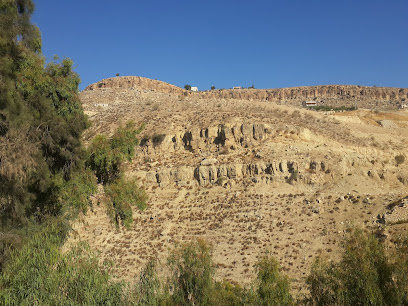
St George's Church, AlSalt.
Discover the rich heritage of St. George's Church in Al-Salt, a symbol of harmonious coexistence between Muslim and Christian communities in Jordan.
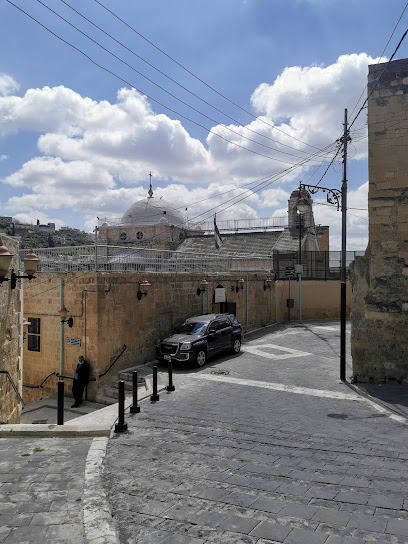
Jordanian Museum of Popular Traditions
Explore Jordan's cultural heritage at the Jordanian Museum of Popular Traditions in Amman, showcasing the vibrant traditions and everyday life of the Jordanian people.
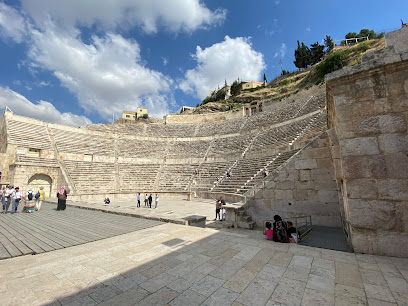
Parliamentary Life Museum
Explore the rich tapestry of Jordan's political history at the Parliamentary Life Museum in Amman, where democracy and culture intersect.
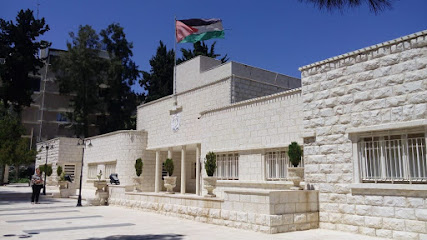
Jordan Heritage Madhafa
Discover the heart of Jordanian hospitality at Jordan Heritage Madhafa, a charming bed and breakfast in historic As-Salt, blending tradition with modern comfort.
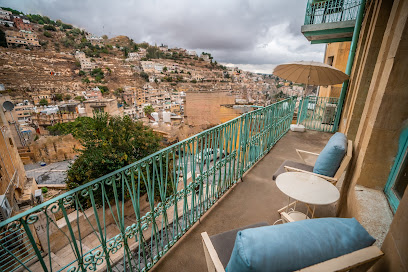
Unmissable attractions to see
Archaeological Site of Jerash
Explore the Archaeological Site of Jerash, a captivating glimpse into Roman history with its stunning ruins and rich cultural heritage.
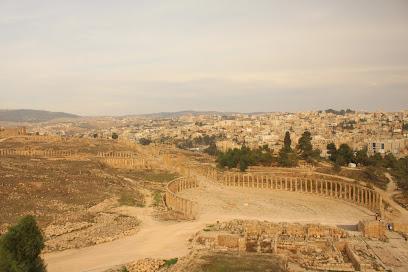
Ajloun Castle
Explore the historic Ajloun Castle, a remarkable fortress in Jordan offering stunning views and rich history, perfect for every traveler.
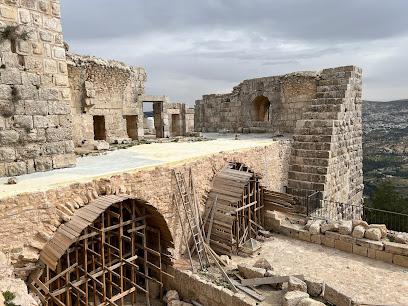
Ma'in Hot Springs
Experience the serene beauty and therapeutic benefits of Ma'in Hot Springs, a must-visit destination in Jordan for relaxation and rejuvenation.

Qumran National Park
Discover the archaeological treasures and breathtaking landscapes of Qumran National Park, where history comes alive near the Dead Sea.
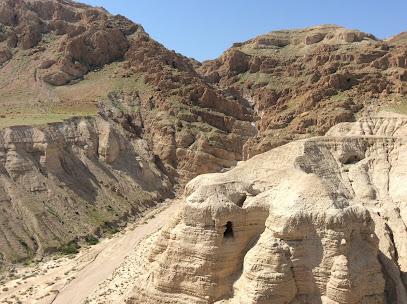
King Abdullah I Mosque
Discover the architectural beauty and cultural significance of the King Abdullah I Mosque, an essential experience for every visitor in Amman.
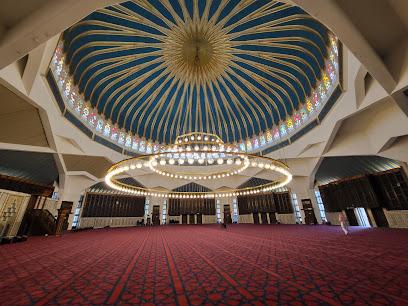
King Abdullah II Park
Explore King Abdullah II Park in Amman - a tranquil green oasis perfect for relaxation, recreation, and cultural experiences amidst the vibrant city life.

The Baptismal Site of Jesus Christ
Explore Juwafat al-Kafrayn, the sacred baptismal site of Jesus Christ, where history, spirituality, and stunning landscapes come together in harmony.
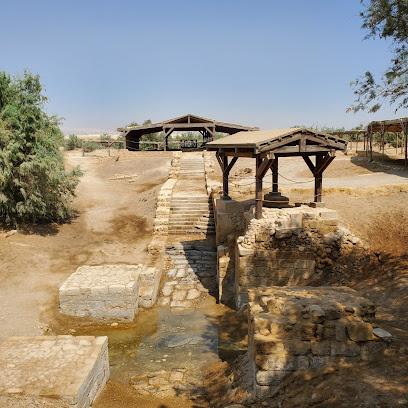
The Royal Automobile Museum
Discover the rich automotive history and stunning collection of vintage and modern vehicles at The Royal Automobile Museum in Amman, Jordan.

Qasr el Yahud
Explore Qasr el Yahud, a sacred site along the Jordan River, known for its profound historical significance as the baptism location of Jesus.
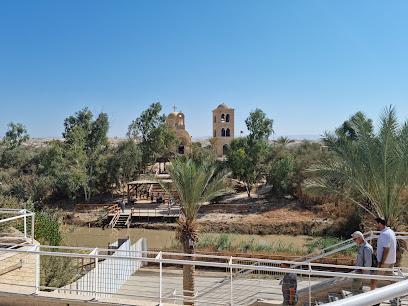
St George's Greek Orthodox Church
Explore the historical St. George's Greek Orthodox Church in Madaba, home to the iconic Madaba Map and exquisite Byzantine mosaics.
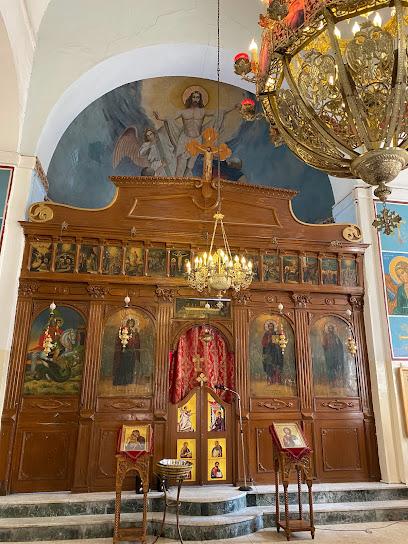
Ein Prat Nature Reserve
Experience the breathtaking landscapes and rich biodiversity of Ein Prat Nature Reserve, an oasis for nature lovers in Israel.
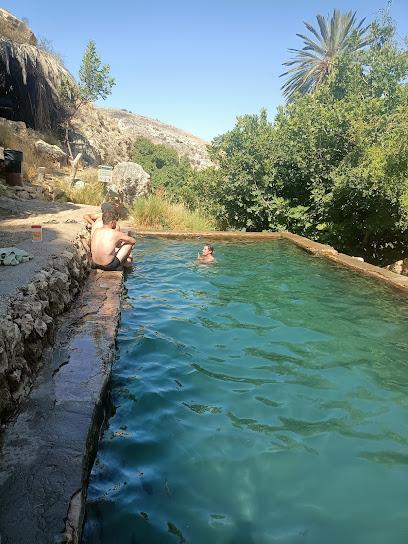
The Jordan Museum
Discover the rich history and vibrant culture of Jordan at The Jordan Museum, where ancient artifacts meet contemporary artistry.
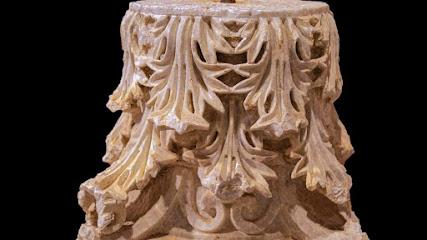
The Royal Tank Museum متحف الدبابات الملكي
Discover the Royal Tank Museum in Amman, where history comes alive through an impressive collection of armored vehicles and engaging exhibits.
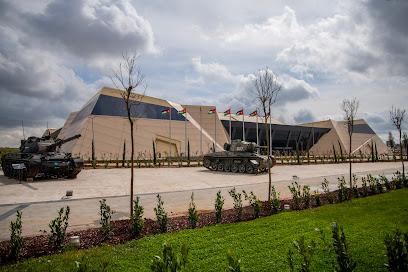
Cave Of The Seven Sleepers (Ashabul Kahf)
Discover the Cave of the Seven Sleepers in Amman, a captivating blend of history, legend, and stunning natural beauty, perfect for every traveler.
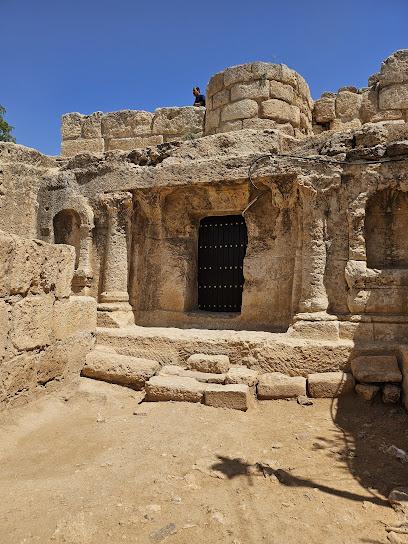
Jericho Cable Car
Experience breathtaking views and rich history at Jericho Cable Car, soaring above the ancient city of Jericho and the stunning Jordan Valley.
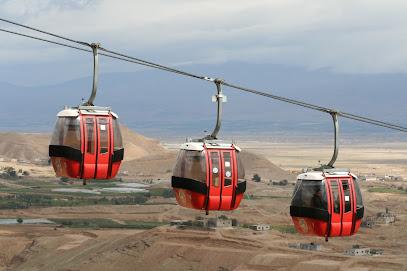
Essential places to dine
Hawa Beisan | هوا بيسان
Discover Hawa Beisan in As-Salt: A culinary delight serving authentic Jordanian dishes in a warm and inviting atmosphere.
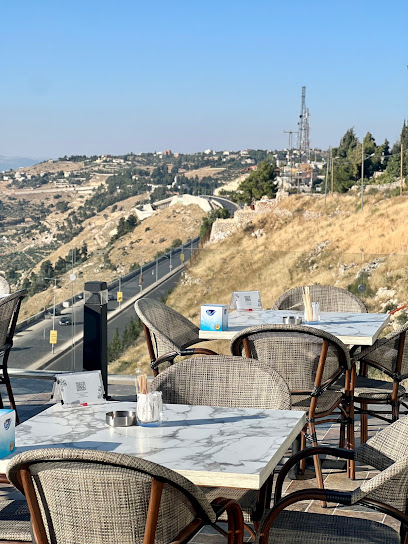
Watar Ziryab
Experience exquisite Middle Eastern cuisine at Watar Ziryab in As-Salt - where every meal is a celebration of flavor and hospitality.
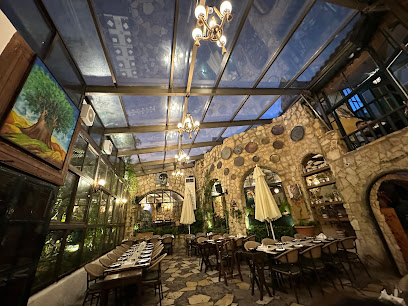
Fahim Wa Lahim
Experience authentic Jordanian flavors at Fahim Wa Lahim in As-Salt – a must-visit restaurant for food lovers seeking local delicacies.
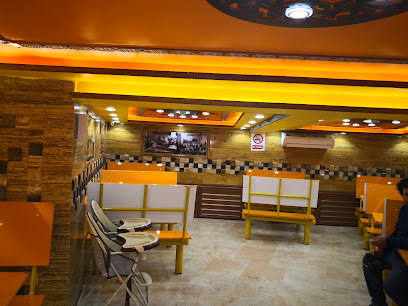
Beit Aziz
Experience authentic Jordanian cuisine at Beit Aziz in As-Salt - where delicious food meets stunning views.
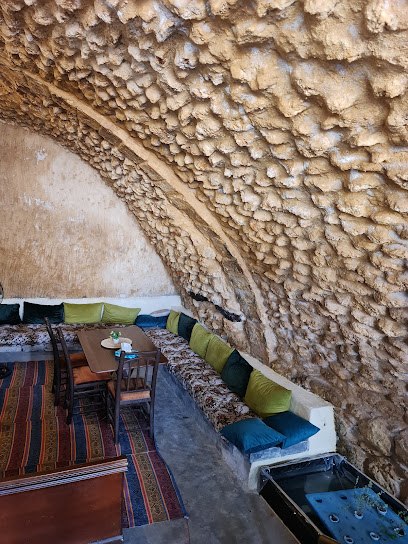
Al Gherbal Restaurant مطعم الغربال
Experience authentic Jordanian cuisine at Al Gherbal Restaurant while immersing yourself in local culture through captivating exhibits.
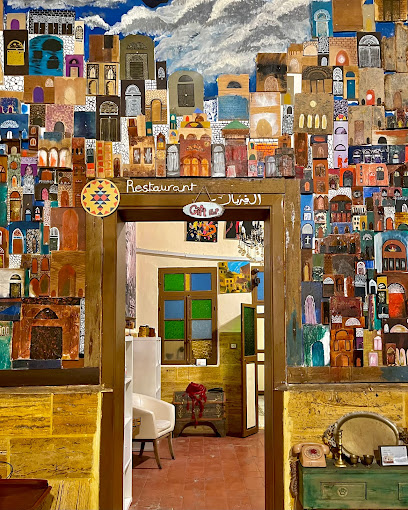
مطاعم الوجبة الذهبية
Discover culinary excellence at مطاعم الوجبة الذهبية in As-Salt, where traditional flavors meet modern dining experiences.
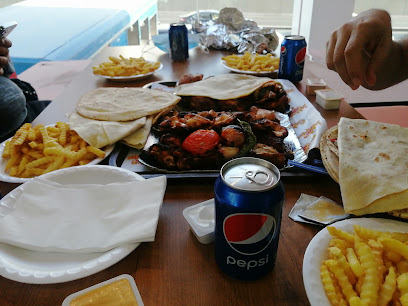
مطعم و مشاوي السنابل
Experience authentic Jordanian flavors at مطعم و مشاوي السنابل in As-Salt - where delicious grilled meats meet warm hospitality.
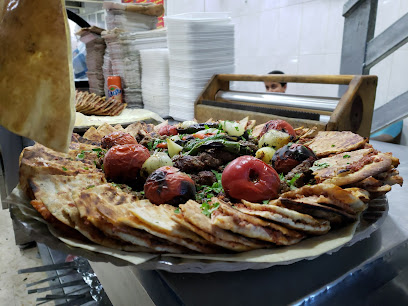
Sixty Towers Al-salt Restaurant&Cafe
Experience authentic Jordanian cuisine and delightful international dishes at Sixty Towers Al-Salt Restaurant & Cafe in the heart of As-Salt.
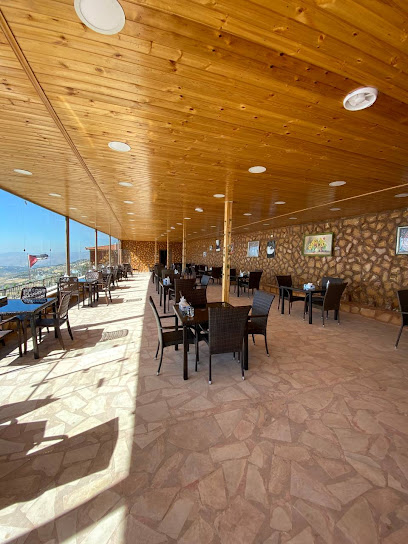
مطعم العمد
Discover authentic Jordanian flavors at مطعم العمد in As-Salt - an affordable culinary experience for every traveler.
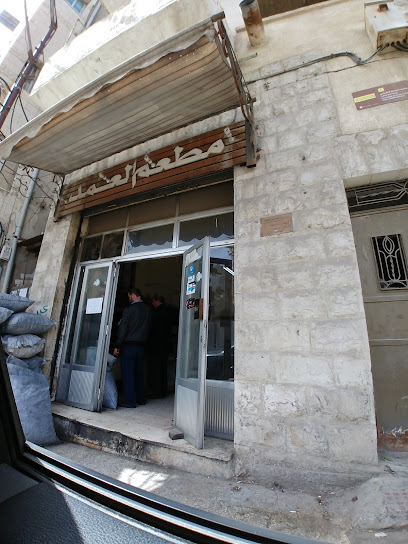
Mountain Deer Restaurant & Café - مطعم وكافيه غزال الجبل
Discover authentic barbecue delights at Mountain Deer Restaurant & Café in As-Salt – a perfect blend of tradition and taste.
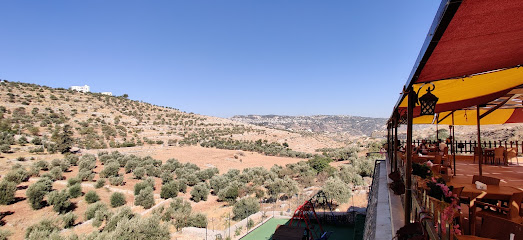
City balcony ( بلكونة المدينة )
Discover City Balcony in As-Salt: A blend of stunning views and authentic flavors awaits every traveler.
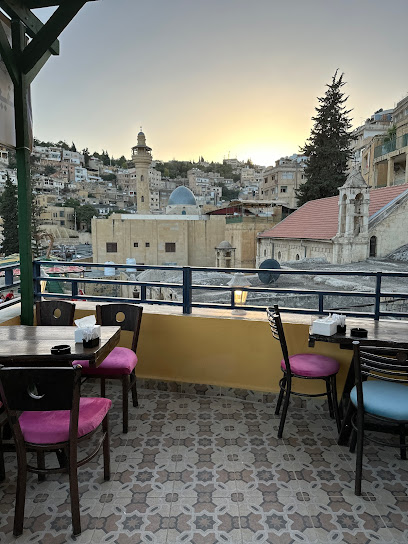
Salt view, حديقة الدكتور كمال الشاعر
Discover tranquility at Salt View Park - a perfect blend of nature and culinary delights in As-Salt.
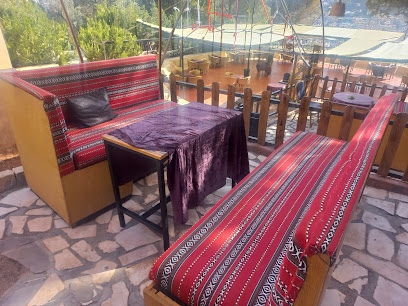
Meshwar Al Jabal مشوار الجبل
Experience authentic Jordanian cuisine at Meshwar Al Jabal in As-Salt - where flavors meet tradition.
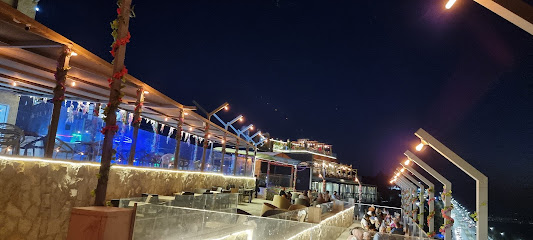
Jannet Al Kroum Restaurant
Discover the essence of Middle Eastern cuisine at Jannet Al Kroum Restaurant in As-Salt - where every dish tells a story.
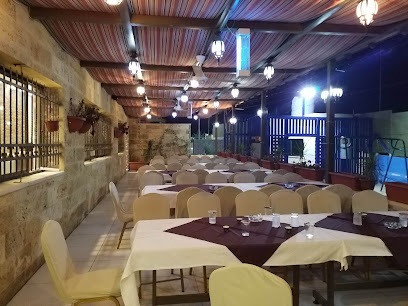
Pizza Vero
Discover the authentic flavors of Italy at Pizza Vero in As-Salt – where every bite is a celebration of deliciousness.
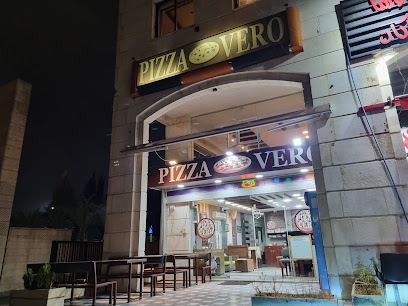
Markets, malls and hidden boutiques
Jordan River Designs
Discover unique Jordanian souvenirs at Jordan River Designs, where local craftsmanship meets vibrant culture in the heart of Amman.
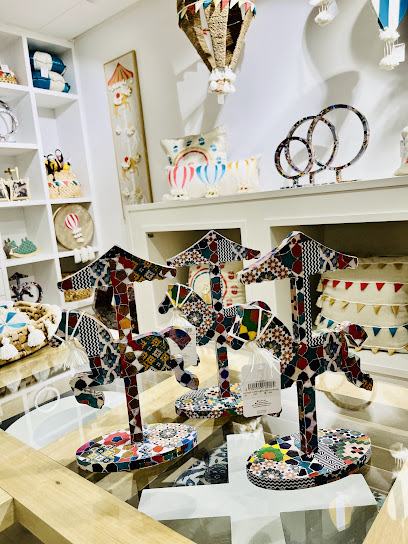
FNL Rainbow St. شارع الرينبو
Explore FNL Rainbow St. in Amman for unique clothing and souvenirs that capture the essence of Jordanian culture and craftsmanship.
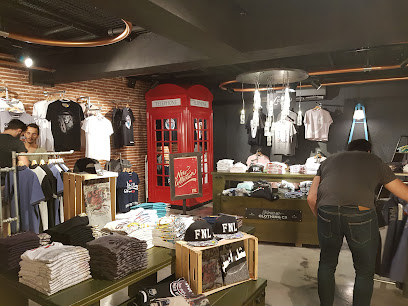
أولاد علي للأحذية الأوروبية
Discover the finest selection of European footwear at أولاد علي للأحذية الأوروبية in As-Salt, where style meets comfort and tradition.

مخازن النابلسي nabulsi stores
Explore Nabulsi Stores in As-Salt for authentic Jordanian home goods and unique souvenirs that capture the essence of the region's rich culture.
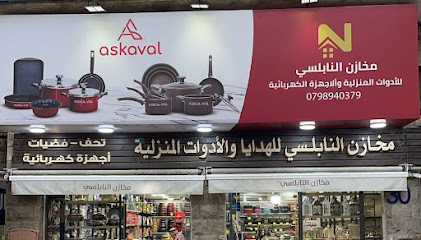
العلبي للكمبيوتر والخلويات والستلايت
Explore Al Yarmouk in As-Salt for all your computer and mobile needs, offering expert services, quality products, and a friendly atmosphere.
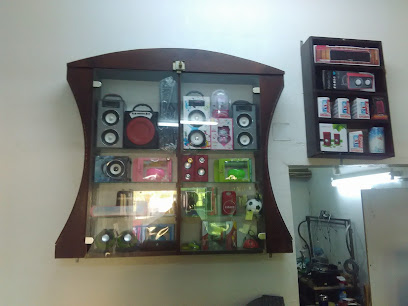
نوفوتيه وكيله / WAKILEH Cosmetics Center
Explore WAKILEH Cosmetics Center in Salt, Jordan for an exquisite selection of cosmetics and personal care products, perfect for all beauty enthusiasts.
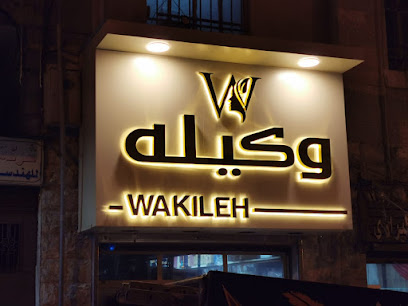
أراجيل.Com
Explore Arajil.Com in As-Salt for a unique grocery shopping experience with local flavors and essential products.
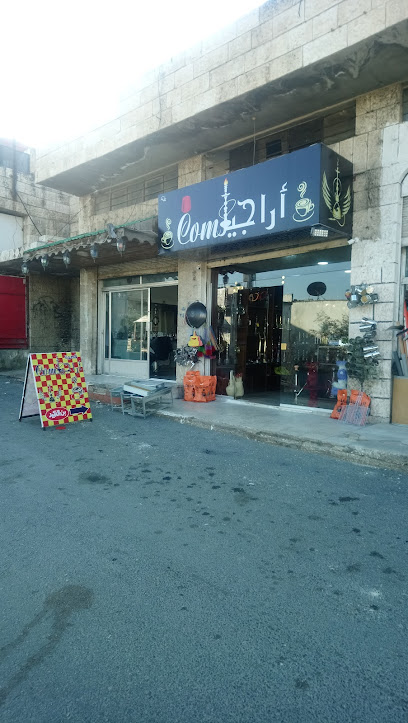
عزيز سنتر - Azeez center
Discover unique souvenirs and local treasures at Azeez Center in As-Salt, where culture meets creativity.
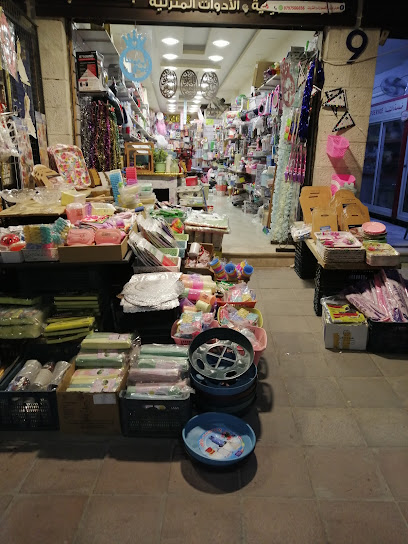
أحذية الممتاز - almomtaz shoes
Discover the best footwear at Almomtaz Shoes in As-Salt, where quality meets style for every occasion.
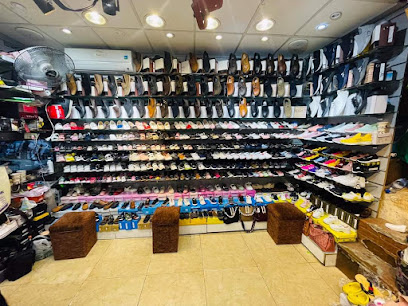
Souk Zara Souvenir and Handicraft shop
Explore the rich cultural heritage of Jordan through handcrafted souvenirs at Souk Zara, a vibrant shopping destination in Amman.
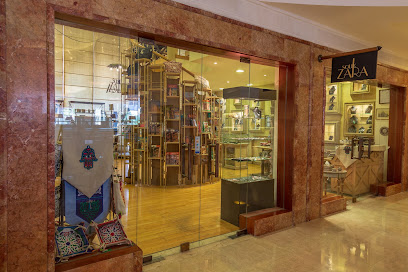
الصاعقة للألعاب النارية
Discover unique gifts and local crafts at الصاعقة للألعاب النارية in As-Salt, a must-visit shop for every traveler seeking authentic souvenirs.
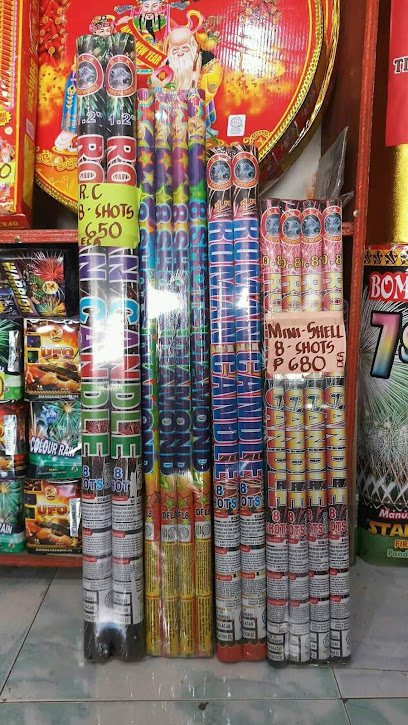
مجوهرات السلام
Explore Majarat Al-Salam Jewelry Store in As-Salt for exquisite jewelry pieces that reflect Jordan’s rich heritage and craftsmanship.

Jordan Valley
Explore the vibrant Jordan Valley in Amman, a treasure trove of unique souvenirs, local crafts, and delicious traditional soups.
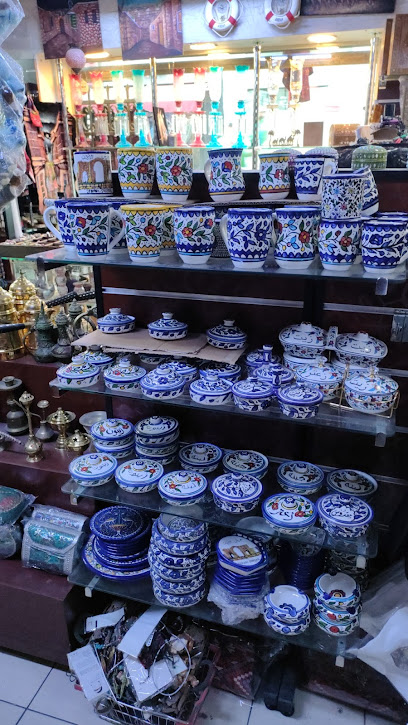
محل ابو حامد للعطارة الفرع الرئيسي
Discover the aromatic treasures of Abu Hamid Herb Shop in As-Salt, where local herbs and spices bring Jordanian culinary traditions to life.
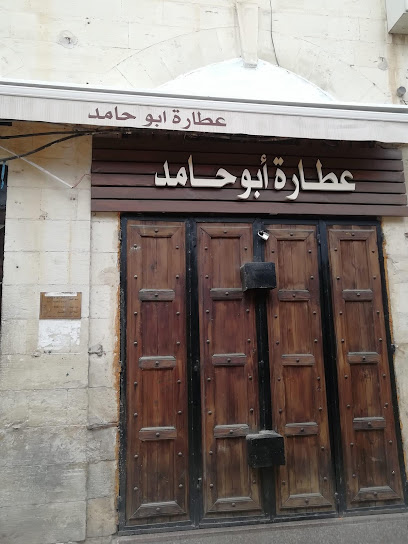
Kishek mini market محلات كشك
Explore the vibrant Kishek Mini Market in As-Salt, where local flavors and community spirit come together for an unforgettable shopping experience.
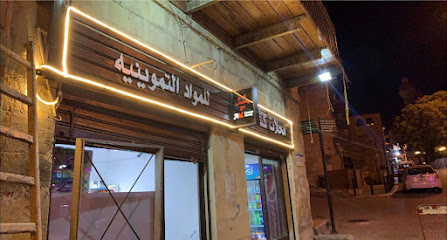
Essential bars & hidden hideouts
The Corner's Pub
Experience the lively atmosphere and friendly service at The Corner's Pub in Amman, a perfect spot for drinks and local nightlife.
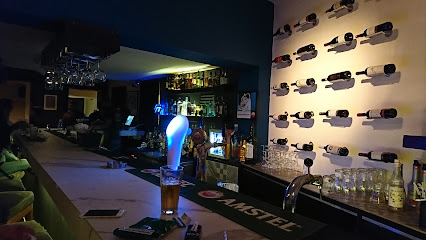
Good Pub
Experience the lively nightlife at Good Pub in Amman, where every night is filled with delightful drinks and vibrant social interactions.
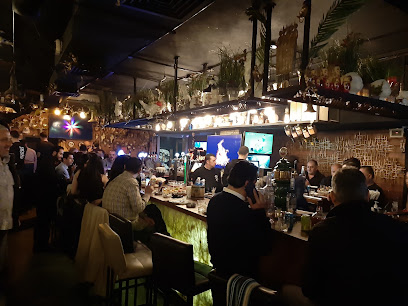
Murphy's - House of Rock
Experience the vibrant nightlife of Amman at Murphy's - House of Rock, where great food meets unforgettable live music in a beautiful garden setting.
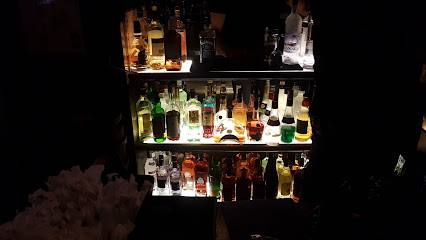
SNUG
Discover the perfect blend of cuisine and culture at SNUG, Amman's favorite restaurant and pub offering a vibrant atmosphere and delicious dishes.
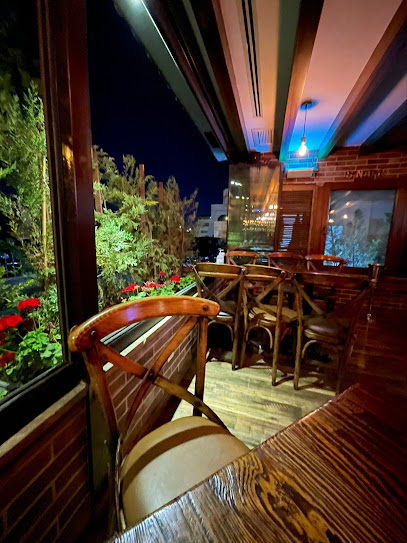
Maestro Bar and Restaurant
Discover the culinary delights of Maestro Bar and Restaurant in Amman's vibrant Jebel Al Weibdeh, offering a unique blend of local and international flavors.
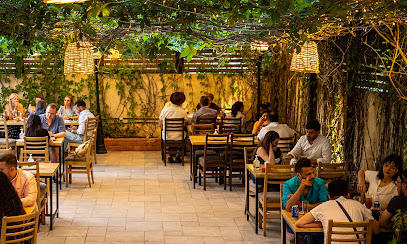
Houston's Restaurant And Pub
Discover the vibrant flavors of Houston's Restaurant And Pub in Amman, where delicious grilled dishes meet a lively atmosphere for a perfect dining experience.
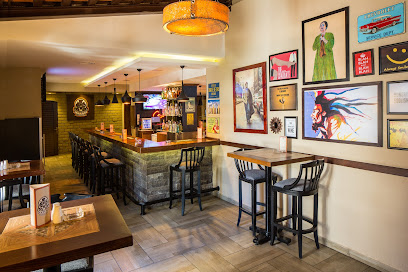
The Nub
Discover The Nub, Amman's vibrant bar and restaurant, where delightful cuisine meets a lively atmosphere for an unforgettable night out.
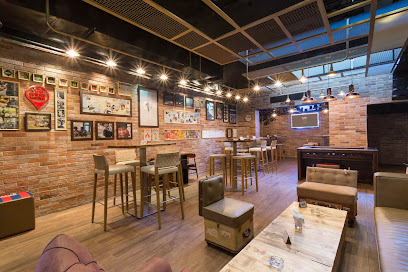
Kegs House of Ale
Experience the best of Amman's nightlife at Kegs House of Ale, where great food and a vast selection of ales await you in a friendly atmosphere.
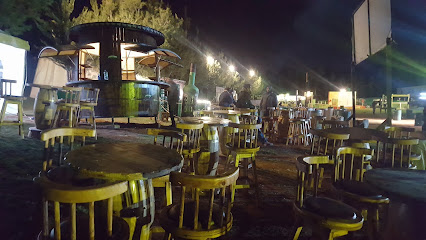
MIST Restaurant & Pub
Discover MIST Restaurant & Pub in Amman, where cozy ambiance meets delicious cuisine and vibrant nightlife.
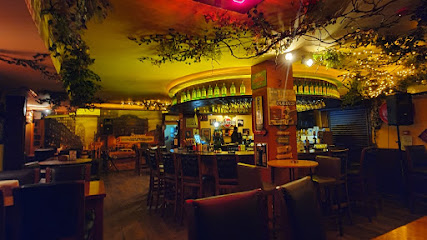
C.LING Rooftop
Discover the vibrant nightlife of Amman at C.LING Rooftop, where stunning views meet delicious cuisine and unforgettable experiences.
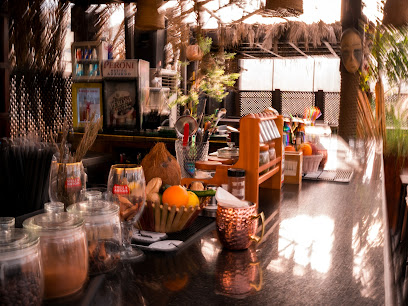
Biera | Bierة
Explore Biera in Amman for an unforgettable brewpub experience, blending craft beer and authentic Jordanian cuisine in a vibrant setting.
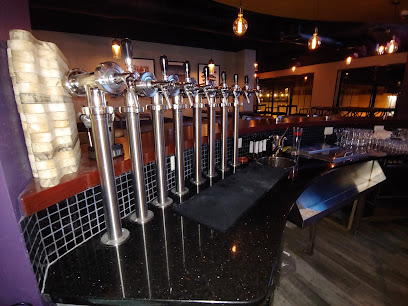
Chaos
Discover the vibrant nightlife of Amman at Chaos, a unique bar offering creative cocktails and a lively atmosphere for all visitors.
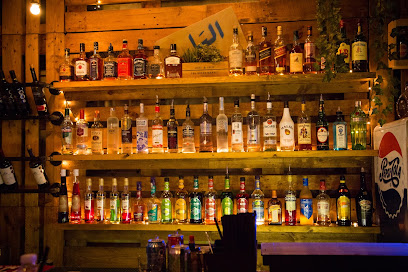
Sekrab
Discover the vibrant culinary scene at Sekrab, a lively restaurant and lounge on Amman's famous Rainbow Street, blending local flavors and a welcoming atmosphere.
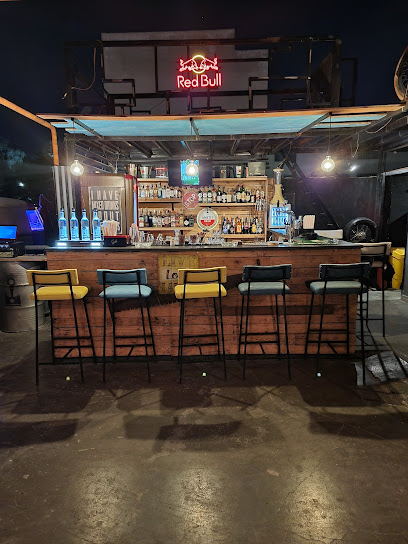
Iguana Rooftop
Experience the vibrant nightlife of Amman at Iguana Rooftop, where stunning city views meet delicious cocktails and a lively atmosphere.
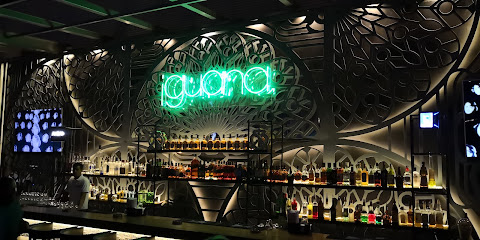
Travel experiences inspired by this city
Explore more travel diariesLocal Phrases
-
- Helloمرحبا
[marhaba] - Goodbyeوداعا
[wada'an] - Yesنعم
[na'am] - Noلا
[la] - Please/You're welcomeمن فضلك
[min fadlik] - Thank youشكرا
[shukran] - Excuse me/Sorryعذرا
[a'ithran] - How are you?كيف حالك؟
[kayf halak?] - Fine. And you?بخير. وأنت؟
[bikhayr. wa'ant?] - Do you speak English?هل تتحدث الإنجليزية؟
[hal tatahadath al'inglizia?] - I don't understandلا أفهم
[la afham]
- Helloمرحبا
-
- I'd like to see the menu, pleaseأود أن أرى القائمة، من فضلك
[awad an ara alqaimah, min fadlik] - I don't eat meatأنا لا آكل اللحوم
[ana la akul alluhum] - Cheers!في صحتك!
[fi sahtak!] - I would like to pay, pleaseأريد أن أدفع، من فضلك
[urid an adfa', min fadlik]
- I'd like to see the menu, pleaseأود أن أرى القائمة، من فضلك
-
- Help!النجدة!
[alnajdah!] - Go away!انصرف!
[ansarif!] - Call the Police!اتصل بالشرطة!
[itassal bialshurta!] - Call a doctor!اتصل بالطبيب!
[itassal bialtabib!] - I'm lostلقد ضللت الطريق
[laqad dalalt altariq] - I'm illأنا مريض
[ana mareed]
- Help!النجدة!
-
- I'd like to buy...أريد أن أشتري...
[urid an ashtari...] - I'm just lookingأنا فقط أتطلع
[ana faqat atatallu'] - How much is it?كم هو ثمنه؟
[kam hu thamanuh?] - That's too expensiveهذا غالي جدا
[hatha ghali jiddan] - Can you lower the price?هل يمكنك خفض السعر؟
[hal yumkinuk khafe alsiar?]
- I'd like to buy...أريد أن أشتري...
-
- What time is it?كم الساعة؟
[kam alsaa'ah?] - It's one o'clockالساعة الواحدة
[alsaa'ah alwahidah] - Half past (10)النصف بعد (10)
[alnusf ba'd (10)] - Morningالصباح
[alsabah] - Afternoonالعصر
[aleasar] - Eveningالمساء
[almasa'] - Yesterdayأمس
[ams] - Todayاليوم
[alyawm] - Tomorrowغدا
[ghadan] - 1واحد
[wahid] - 2اثنان
[ithnan] - 3ثلاثة
[thalatha] - 4أربعة
[arba'a] - 5خمسة
[khamsa] - 6ستة
[sitta] - 7سبعة
[sab'a] - 8ثمانية
[thamania] - 9تسعة
[tisa'a] - 10عشرة
[asharah]
- What time is it?كم الساعة؟
-
- Where's a/the...?أين الـ...؟
[ayn al...?] - What's the address?ما هو العنوان؟
[ma hu al'unnwan?] - Can you show me (on the map)?هل يمكنك أن تريني (على الخريطة)؟
[hal yumkinuk an tarini (ala alkhariata)?] - When's the next (bus)?متى يأتي الحافلة التالية؟
[mata ya'ti alhafilat altaliat?] - A ticket (to ....)تذكرة (إلى ....)
[tazkirat (ila ....)]
- Where's a/the...?أين الـ...؟
History of Salt
-
Salt, known historically as 'Saltus', has ancient roots that date back to the Iron Age. Archaeological findings suggest that the area was inhabited by several civilizations, including the Moabites, Greeks, and Romans. The city's strategic location on the trade routes made it a significant settlement in the region.
-
During the Byzantine era, Salt continued to flourish as a key agricultural and trade center. The early Islamic periods saw the city transitioning into a prosperous community under the Umayyad and Abbasid caliphates. Numerous architectural remains from these periods reflect the city's importance.
-
Salt experienced turbulent times during the Crusader and Ayyubid periods. The Crusaders built fortifications in the area, but it was eventually recaptured by Muslim forces under the leadership of Salah ad-Din. The city’s strategic importance was evident during these conflicts.
-
Salt reached new heights of prosperity during the Ottoman rule, starting in the 16th century. The city became the regional administrative center and a hub for trade and commerce. The Ottomans left a lasting architectural legacy, including several well-preserved buildings and houses that still stand today.
-
The Great Arab Revolt of 1916 against Ottoman rule had a significant impact on Salt. The city played a crucial role as a base for the Arab forces led by Sharif Hussein. Salt's involvement in the revolt is a point of pride for its residents and is commemorated in local history.
-
In the 20th century, Salt became one of the first cities to embrace modernity in Jordan. The city saw the establishment of schools, hospitals, and businesses, contributing to its development as a modern urban center. Despite modernization, Salt has managed to preserve its rich historical and cultural heritage.
-
Salt is renowned for its cultural heritage and traditions. The city's architecture, with its distinctive yellow limestone buildings, reflects a blend of Ottoman and local styles. Salt is also known for its hospitality, traditional crafts, and vibrant community life, making it a unique destination for travelers.
-
In 2021, Salt was inscribed as a UNESCO World Heritage Site, recognizing its historical significance and well-preserved urban landscape. This designation highlights the city's role as a 'Place of Tolerance and Urban Hospitality,' celebrating its diverse cultural history and community spirit.
Salt Essentials
-
Salt, also known as Al-Salt, is located about 28 kilometers northwest of Amman, the capital of Jordan. The nearest international airport is Queen Alia International Airport in Amman. From the airport, you can take a taxi or a bus to Amman city center, and from there, you can take a taxi, bus, or rent a car to reach Salt. The journey typically takes around 45 minutes to an hour by road.
-
Salt is a relatively small city, and many of its attractions are within walking distance. Local taxis are readily available and are a convenient way to get around. Public buses and minibuses (known as 'servees') operate within the city and connect to nearby towns and villages. Renting a car is also an option, especially if you plan to explore the surrounding areas at your own pace.
-
The official currency in Jordan is the Jordanian Dinar (JOD). Credit cards are accepted in many hotels, restaurants, and larger shops, but it is advisable to carry cash, especially in smaller establishments and markets. ATMs are available in Salt, but it is wise to withdraw sufficient cash in Amman before traveling to ensure you have enough funds.
-
Salt is generally a safe destination for tourists. However, it is advisable to take standard precautions. Avoid walking alone at night in unfamiliar areas and keep an eye on your belongings in crowded places. There are no specific high-crime areas targeting tourists, but it is always best to stay vigilant and aware of your surroundings.
-
In case of emergency, dial 911 for immediate assistance. The local police station and medical facilities are available in Salt. It is recommended to have travel insurance that covers medical emergencies. For minor health issues, there are pharmacies in the town where you can purchase over-the-counter medications.
-
Fashion: Do dress modestly. Avoid wearing revealing clothing, especially when visiting religious sites. Religion: Do respect local customs and traditions. Always cover your head when entering mosques. Public Transport: Do be respectful and give up your seat to elderly passengers. Don't eat or drink on public transport. Greetings: Do greet people with a handshake. A slight bow of the head is also a sign of respect. Eating & Drinking: Do try local delicacies and accept food offerings graciously. Don't refuse hospitality, as it is considered impolite.
-
To experience Salt like a local, visit the local markets (souks) where you can buy fresh produce and traditional Jordanian goods. Engage with locals, as they are often friendly and willing to share stories about the city's history and culture. Don't miss visiting the Ottoman architecture and historical buildings, such as the Abu Jaber Mansion. For a unique experience, take a stroll through the narrow streets of the old town and enjoy the view from the hilltop where the Salt Archaeological Museum is located.
Trending Landmark in Salt
-
Amman Citadel
-
Roman Temple of Hercules
-
Roman Nymphaeum
-
Hammam Street Market
-
Qasr Al-Abed
-
Abu Jaber Museum
-
As-Salt Archaeological Museum
-
The Duke's Diwan
-
Maqam of Nabi Shoaib AS
-
Salt Türk Şehitliği صرح الشهداء الاتراك
-
Aremeiman Tourist Falls
-
St George's Church, AlSalt.
-
Jordanian Museum of Popular Traditions
-
Parliamentary Life Museum
-
Jordan Heritage Madhafa
Nearby Cities to Salt
-
Things To Do in Amman
-
Things To Do in Jerash
-
Things To Do in Madaba
-
Things To Do in Beit She'an
-
Things To Do in Mafraq
-
Things To Do in Jerusalem
-
Things To Do in Dead Sea
-
Things To Do in Irbid
-
Things To Do in Bethlehem
-
Things To Do in Umm Qais
-
Things To Do in Modi'in
-
Things To Do in Ein Gedi
-
Things To Do in Kfar Saba
-
Things To Do in Hod Hasharon
-
Things To Do in Ra'anana















